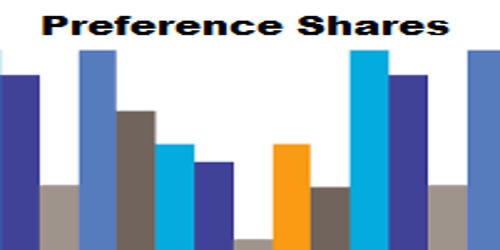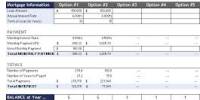The marketplace determines share prices. While seller supply and buyer demand meet in the market, there is no perfect equation that lets investors know exactly how share prices will behave. The main factors that determine whether a share price moves up or down are supply and demand. Essentially, if more people want to buy a share than sell it, the price will rise because the share is more sought-after.
Factors Affecting the Value of Shares
The factors affecting the value of shares can be summarized as under:
- The nature of the business.
- The income yielding capacity of the company. An important factor is the financial performance of the underlying company.
- The demand and supply of shares, when demand for shares exceeds supply, which means the buyers are more than sellers, the prices increase.
- The percentage of dividend declared on shares. When companies make dividend announcements, the share prices of such companies are likely to increase.
- The availability of sufficient assets over liabilities. Fluctuations in the economy feature what is commonly referred to as booms and depressions.
- General economic condition e.g. availability of raw materials, the possibility of new competitions.
- Financial, political and other factors affecting the business.
- In the case of lower interest rates, demand for funds is higher and the subsequent demand for shares rises.
- Reserves of the company. In case there is a good relationship between the workers and the management of a company, the productivity would be high leading to better profits.
- Market players have an impact on share prices. With more bulls than bears, the prices increase. With more bears than bulls, share prices decline.
- Political factors that range from relations with other nations to government policies can affect share prices.
- If the level of foreign investment in the market increases (more buying of shares), then the share prices increase.
Fundamental factors drive stock prices based on a company’s earnings and profitability from producing and selling goods and services. Technically, there is only one thing that affects stock prices: the number of buyers at the market versus the number of sellers at the market. There may be a lot of fundamental factors that go into the decisions of the buyers and sellers, but it is the direction of the market orders that actually determine the share price.
















